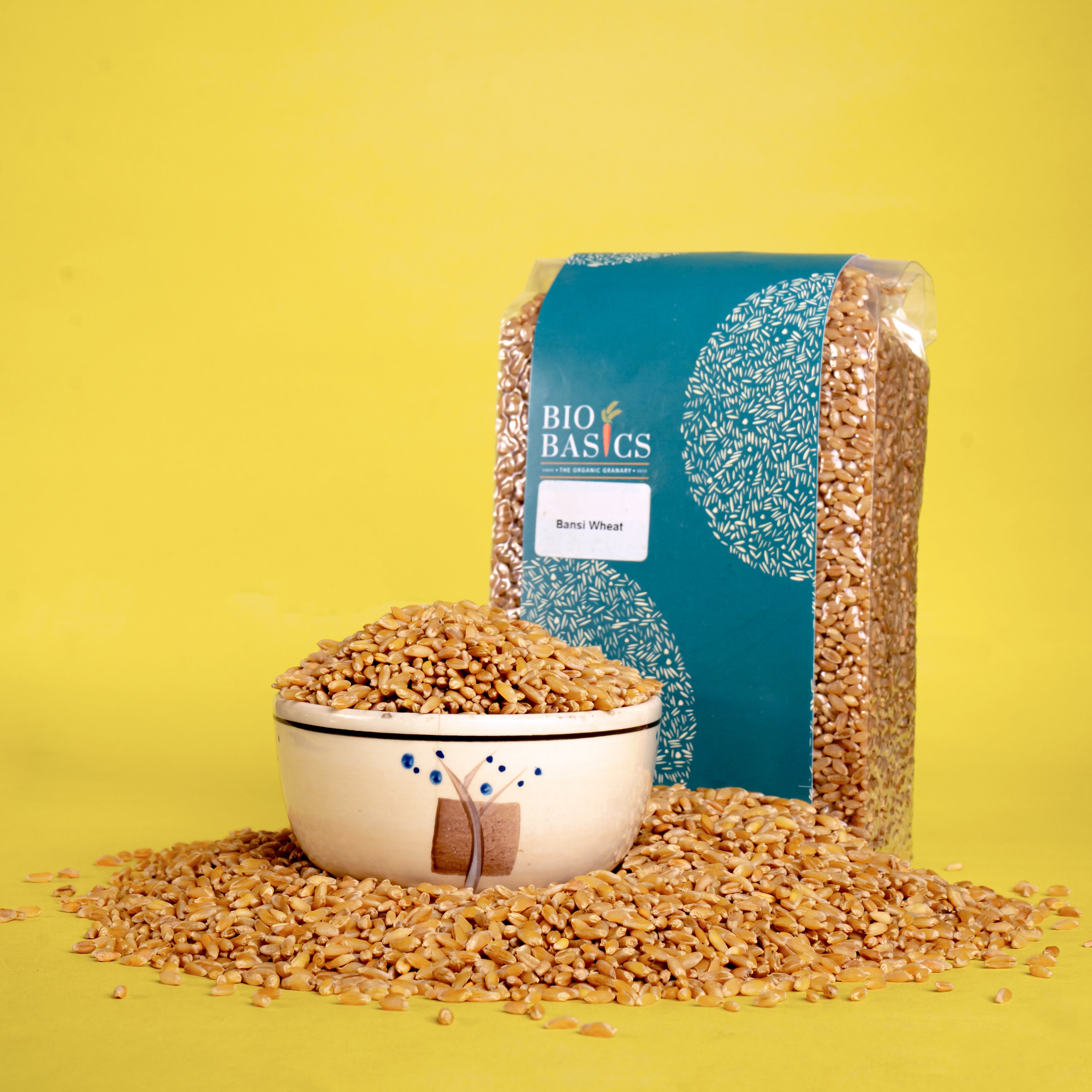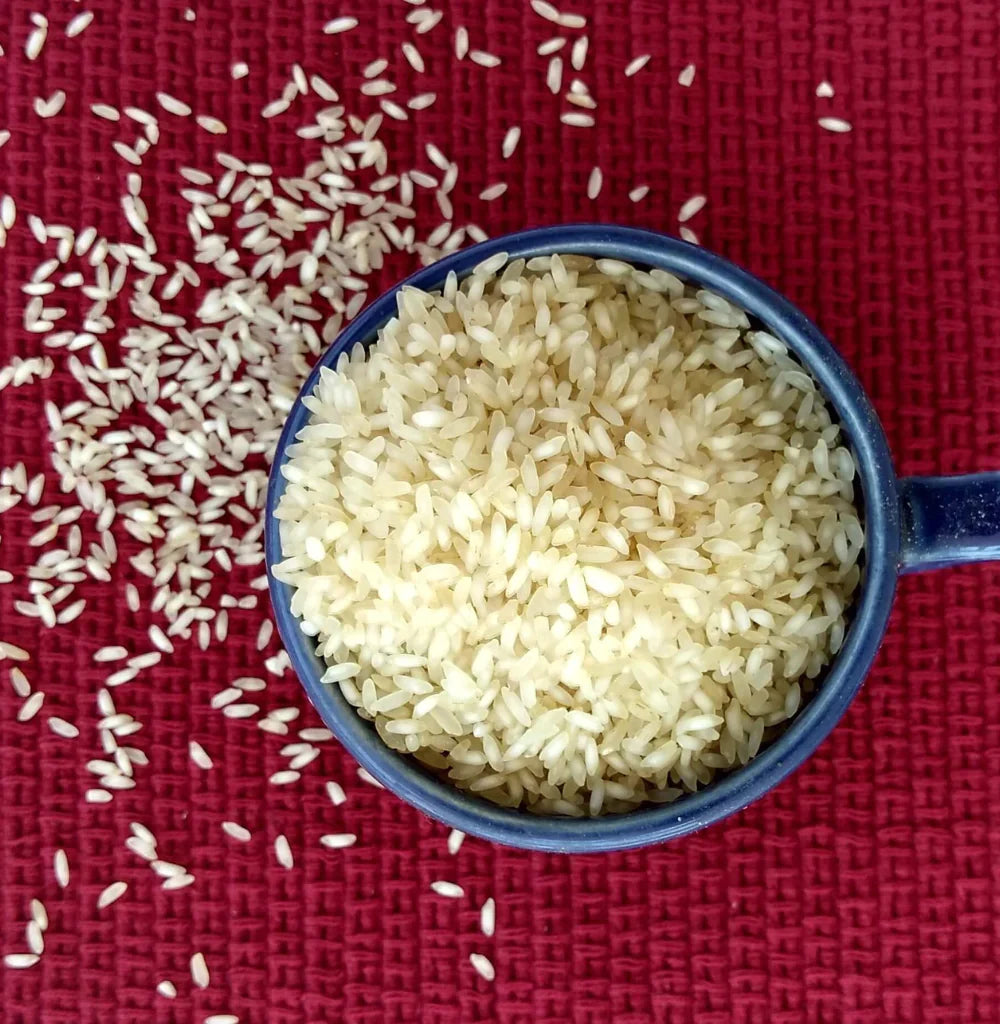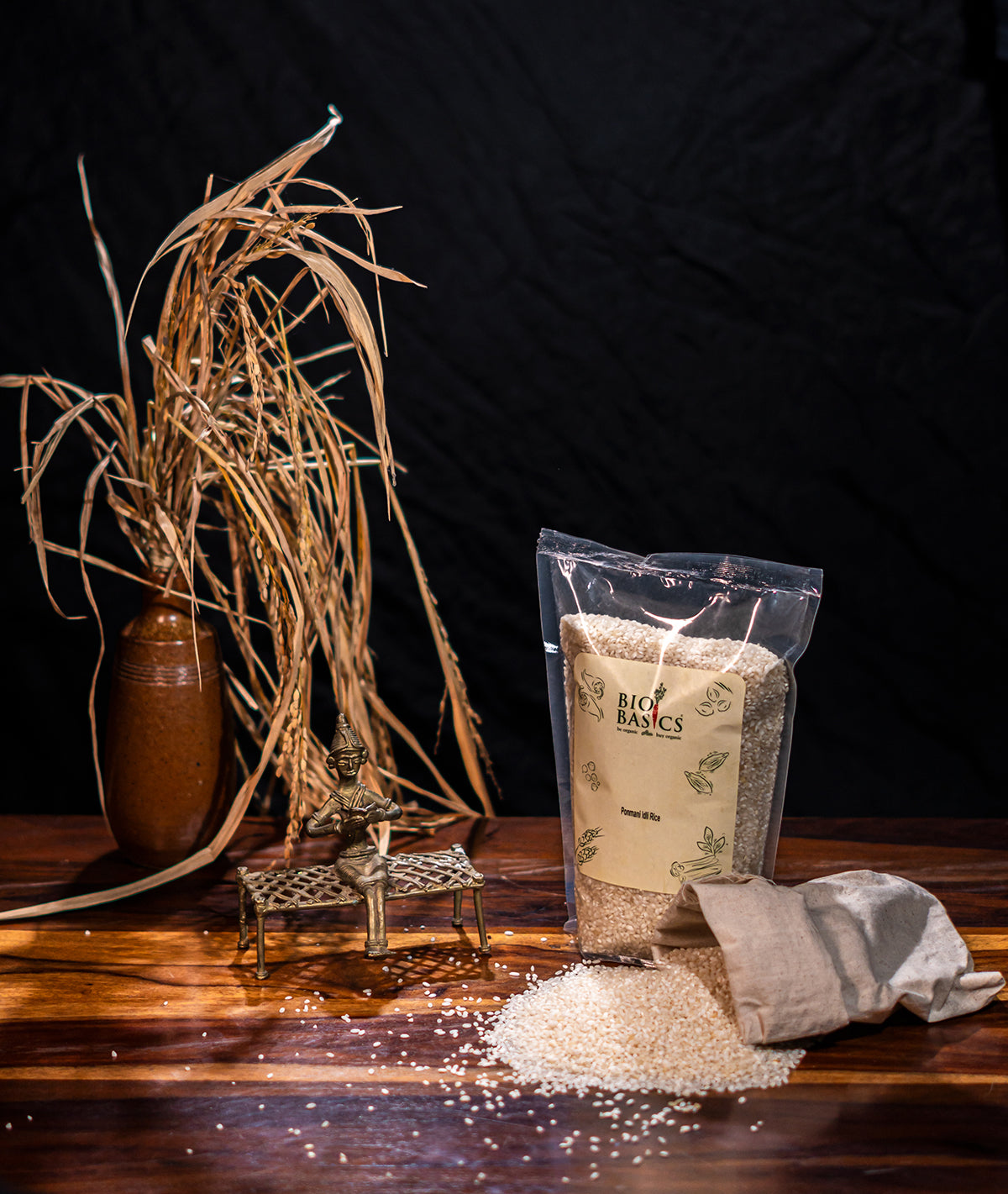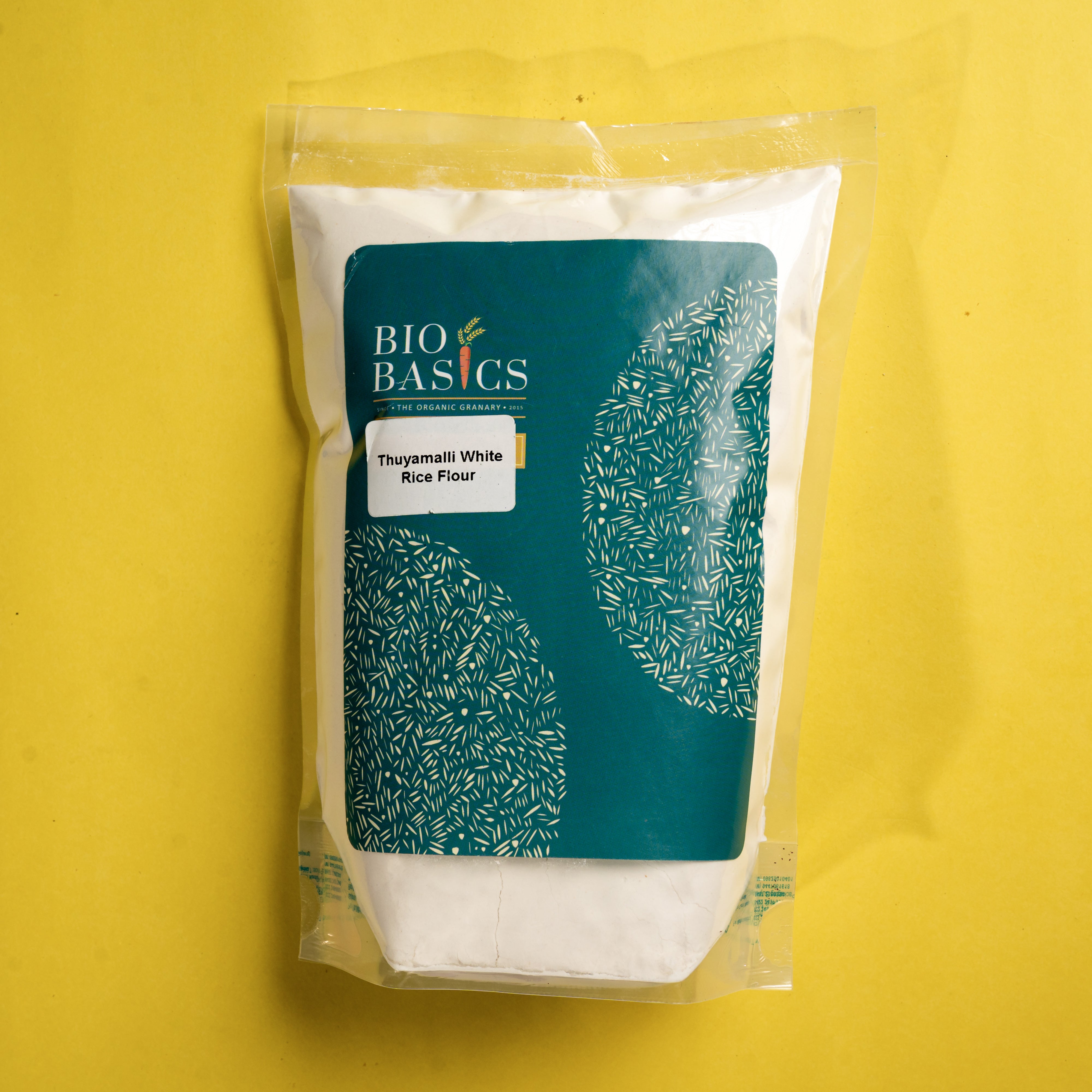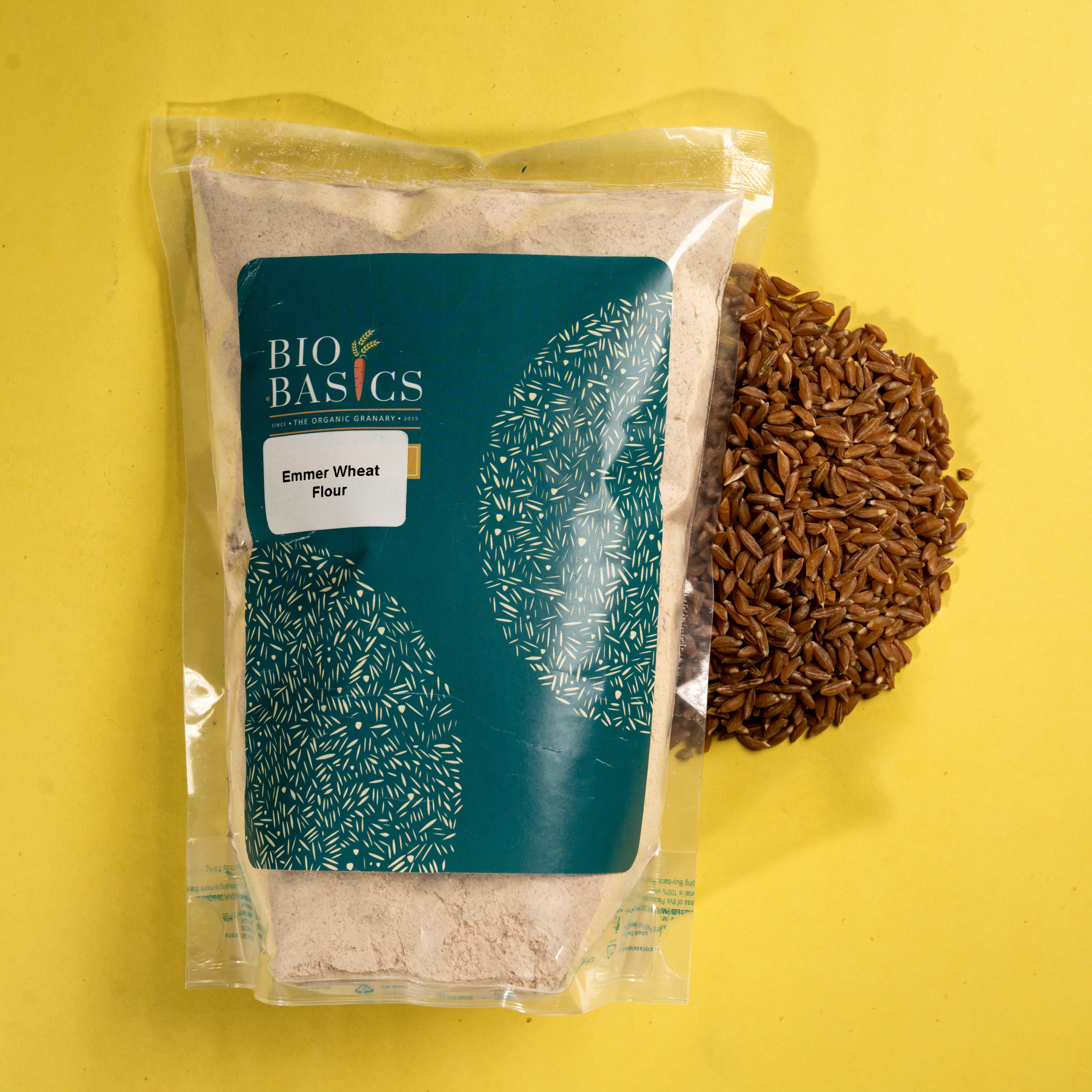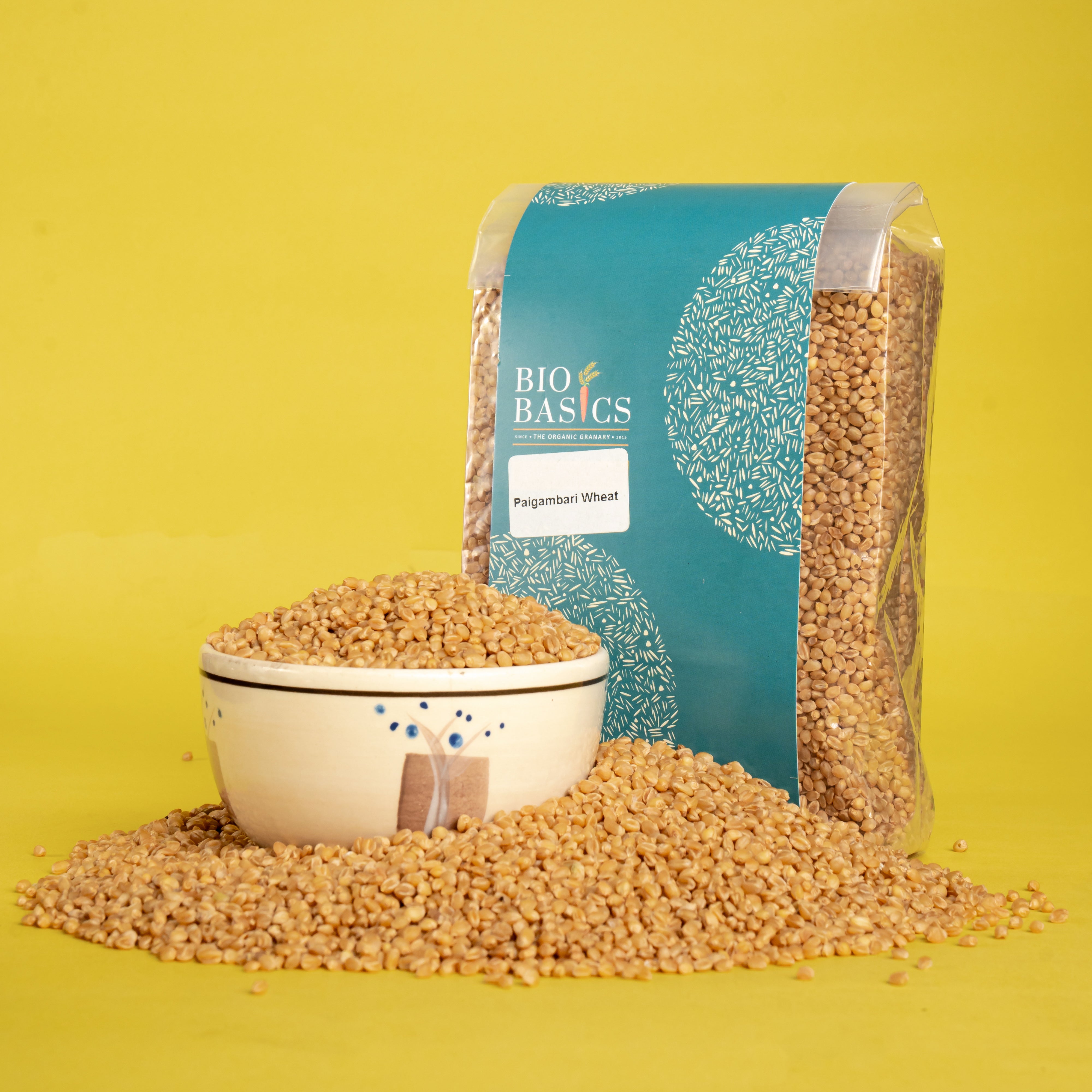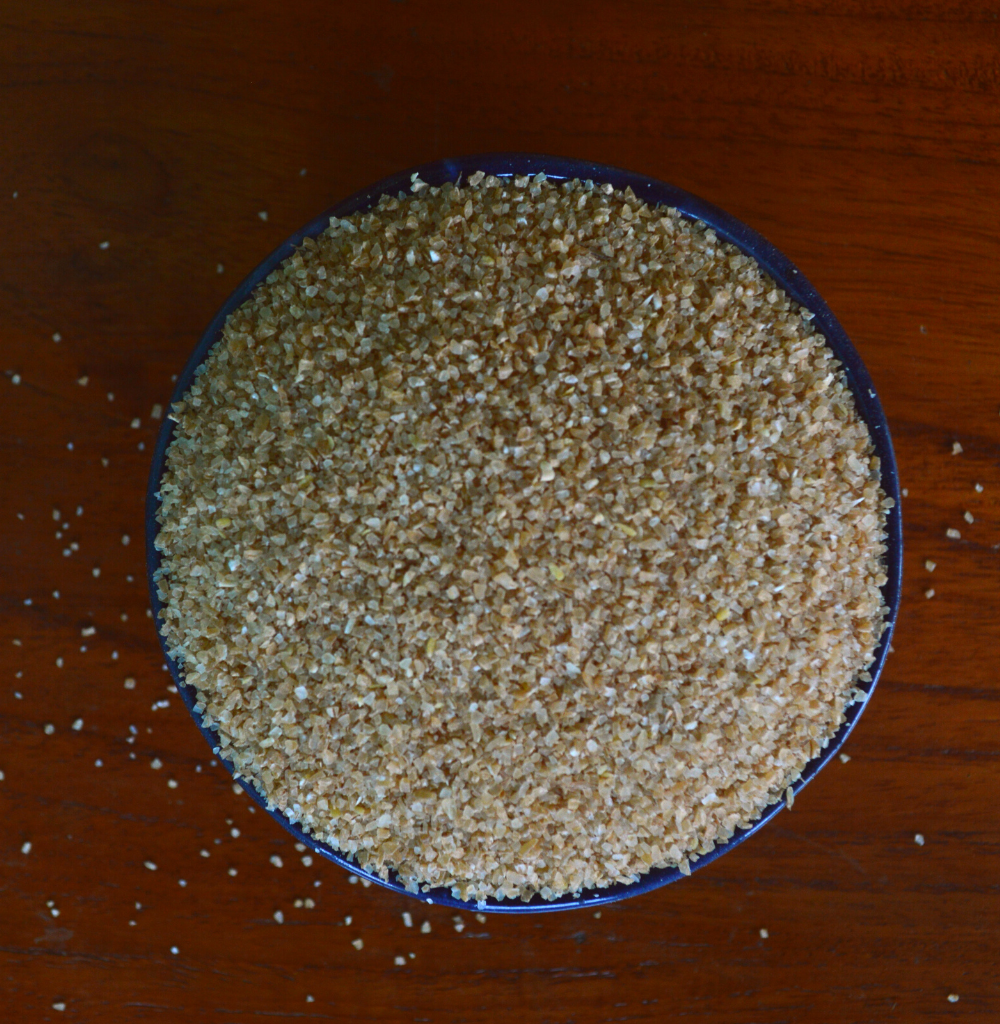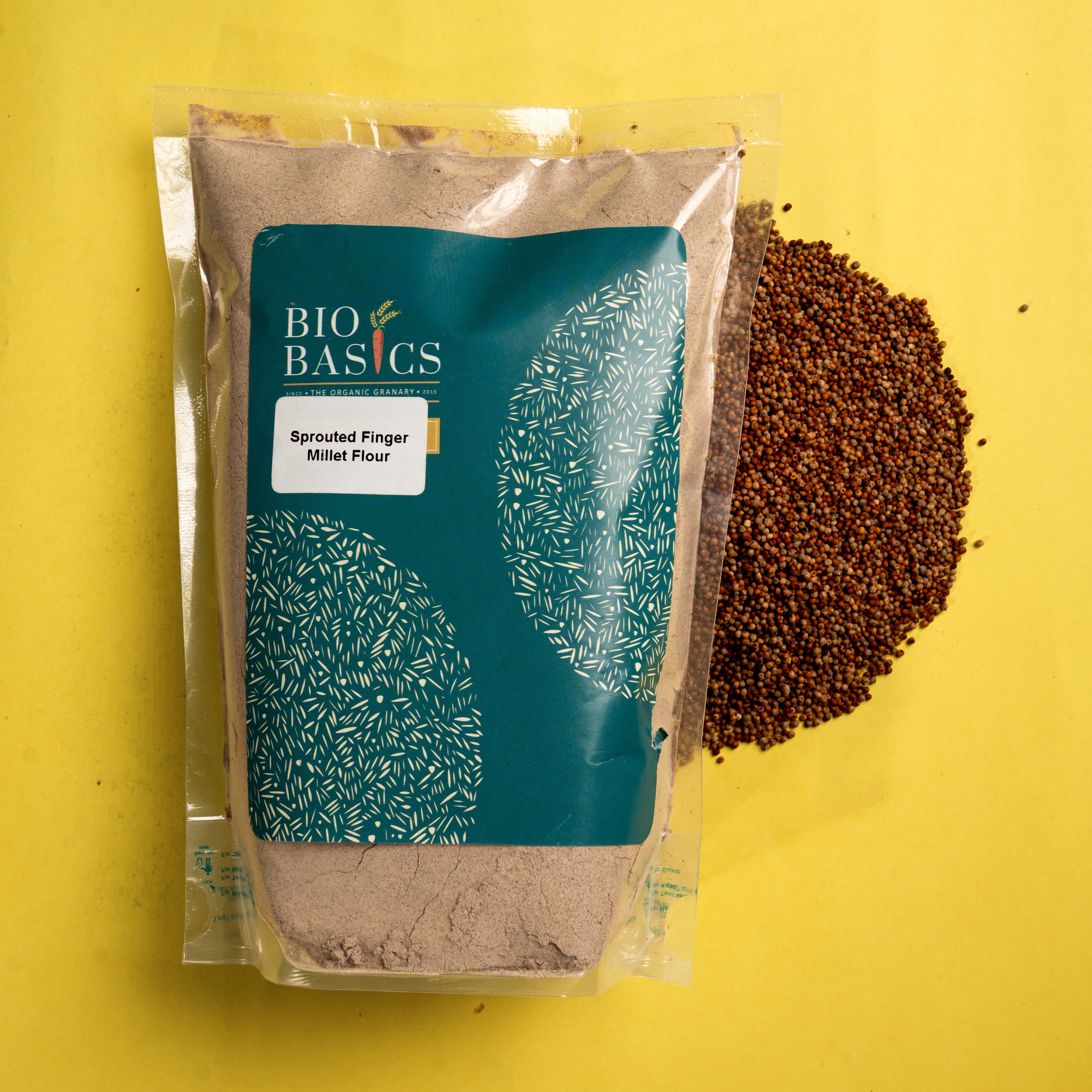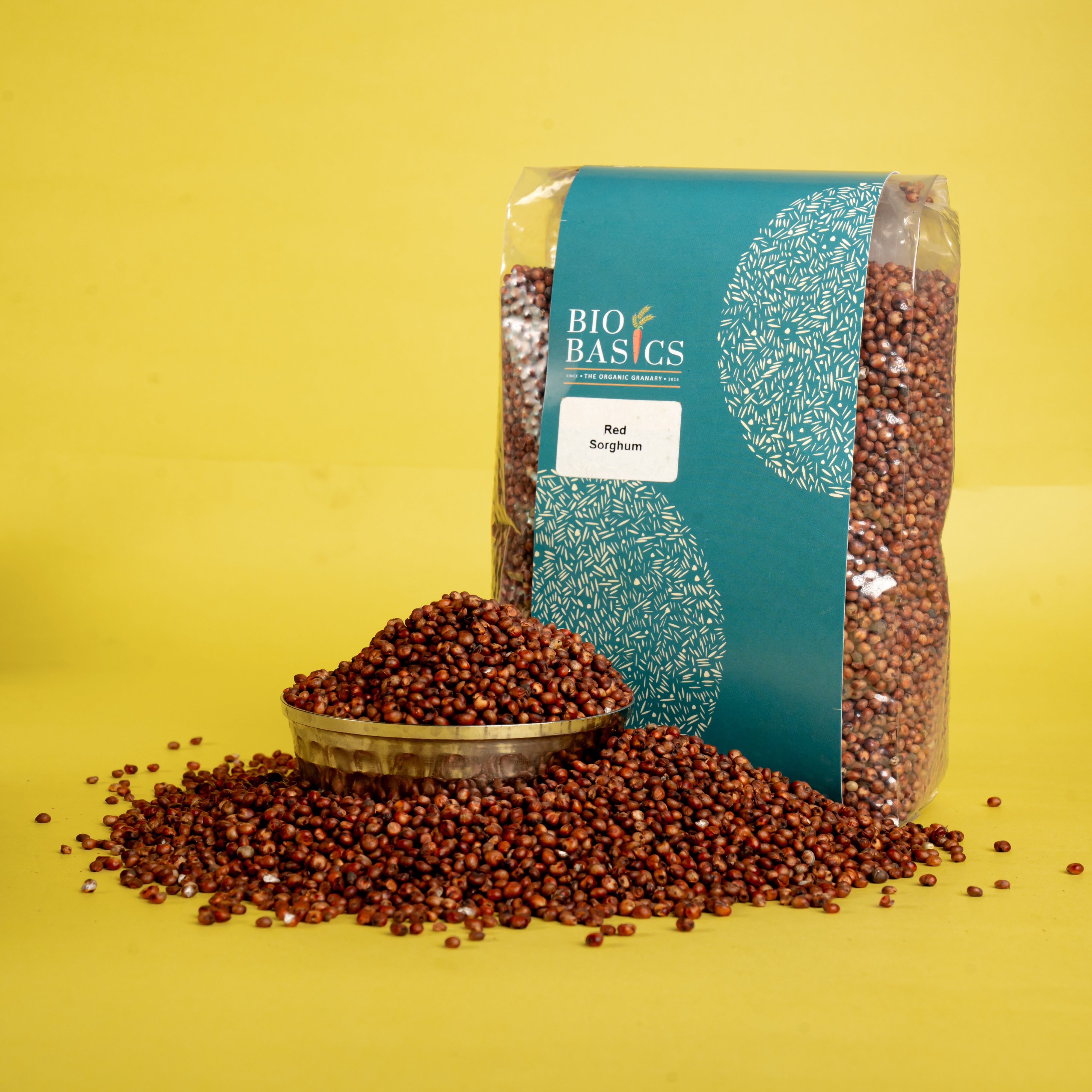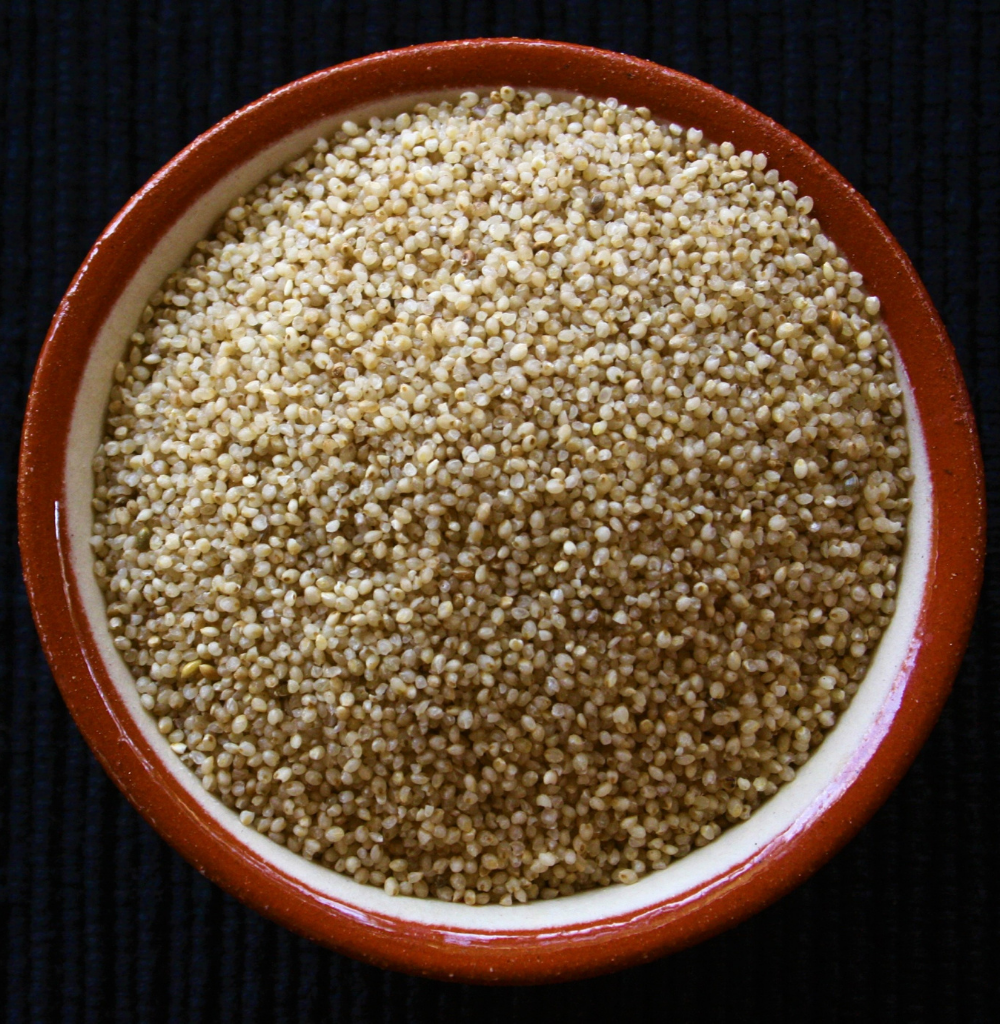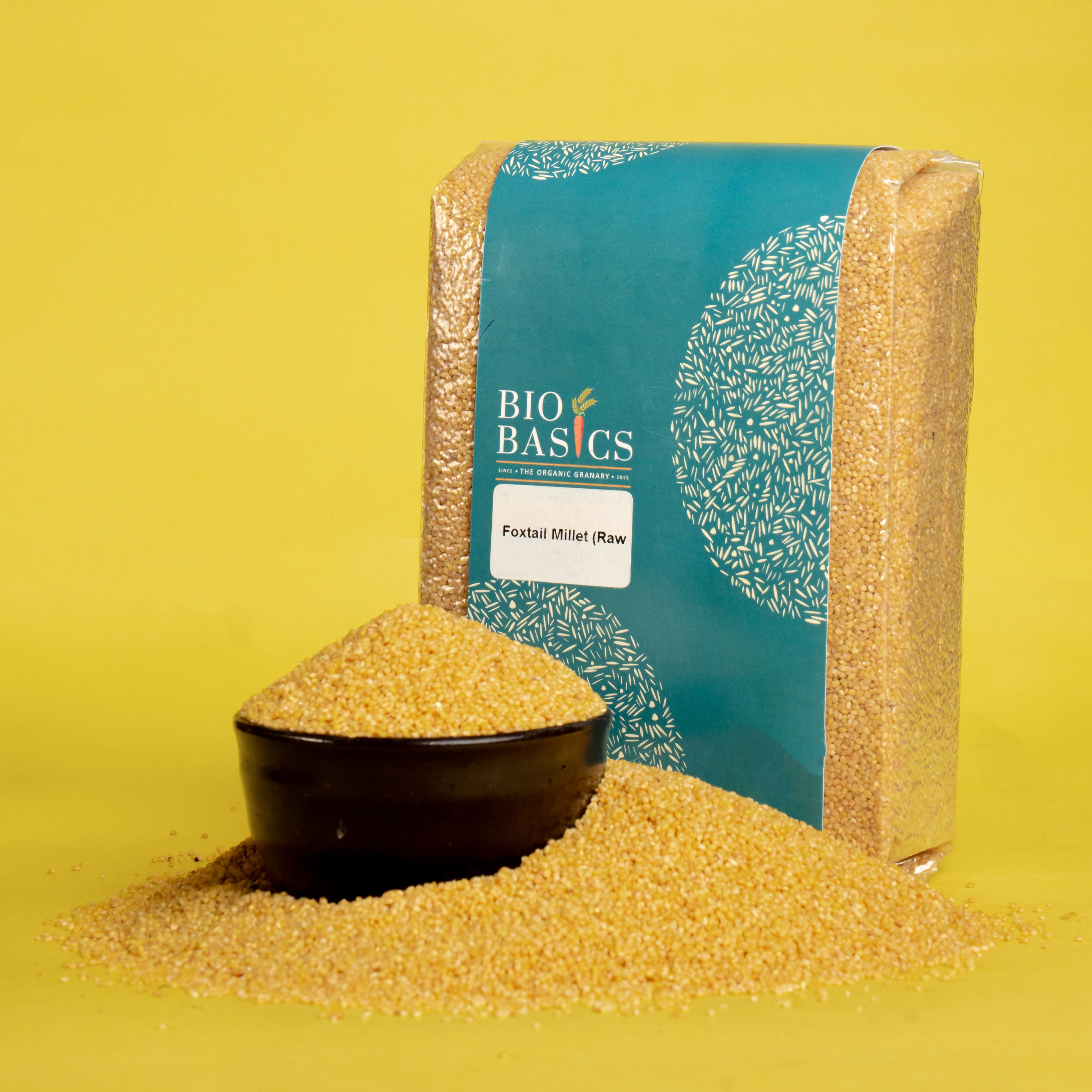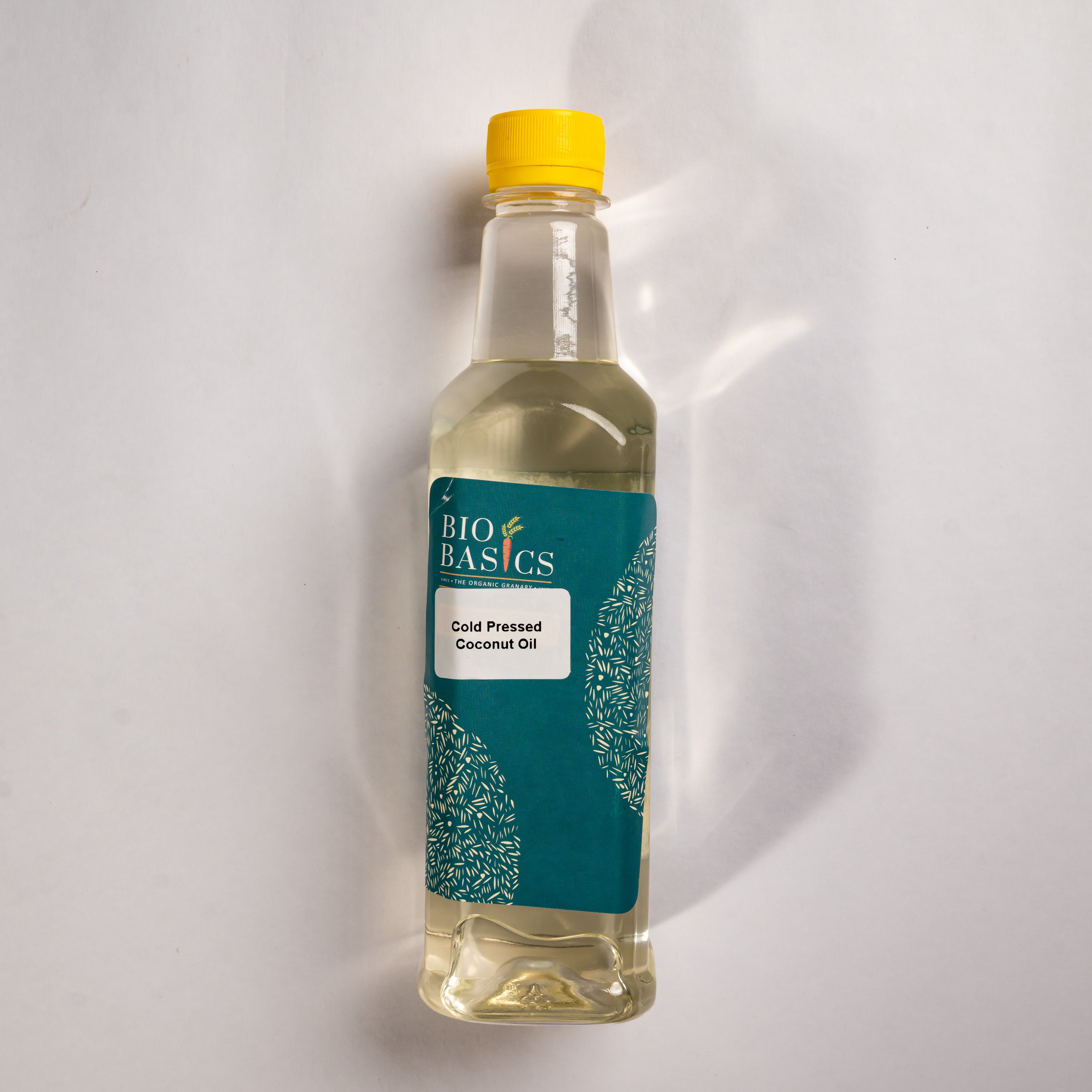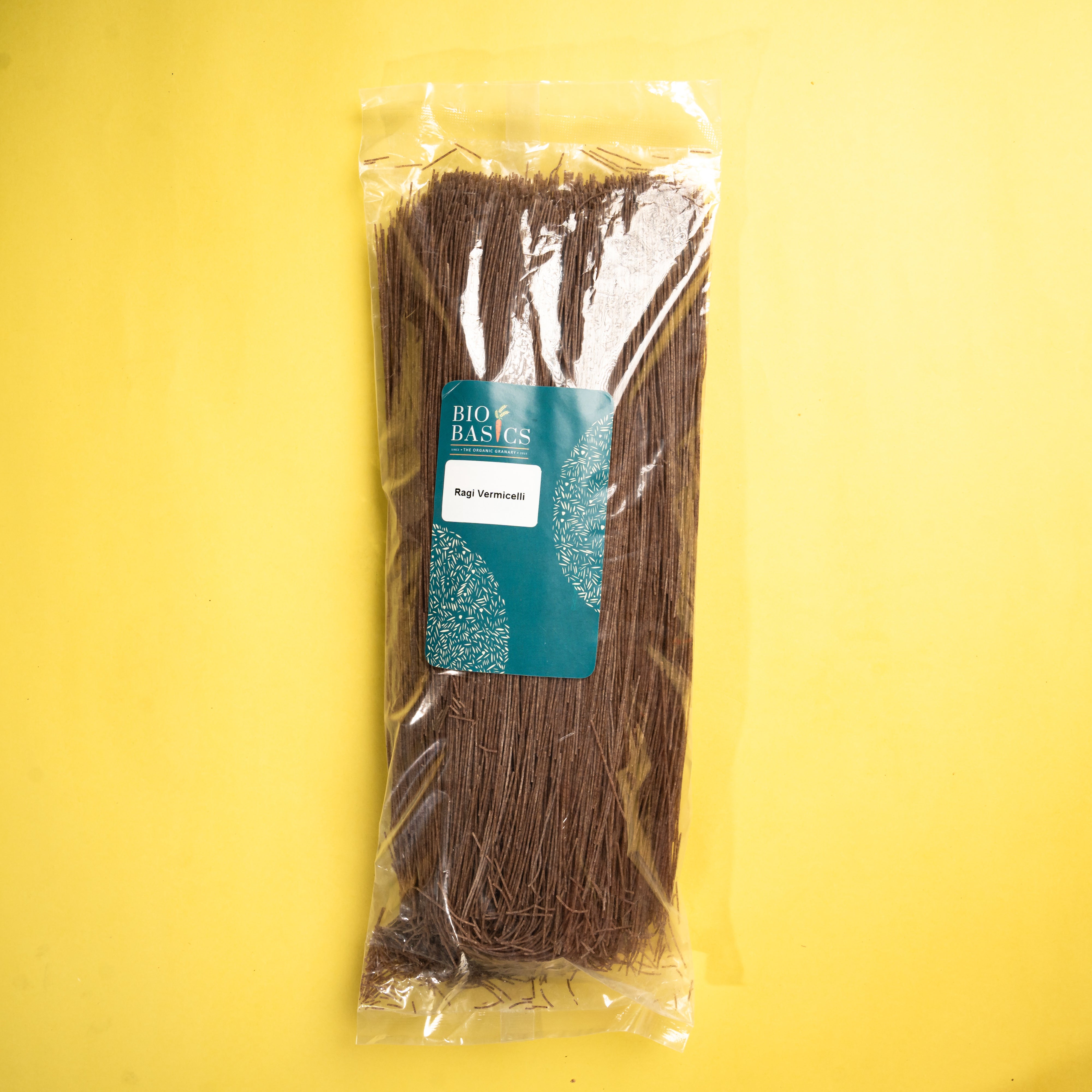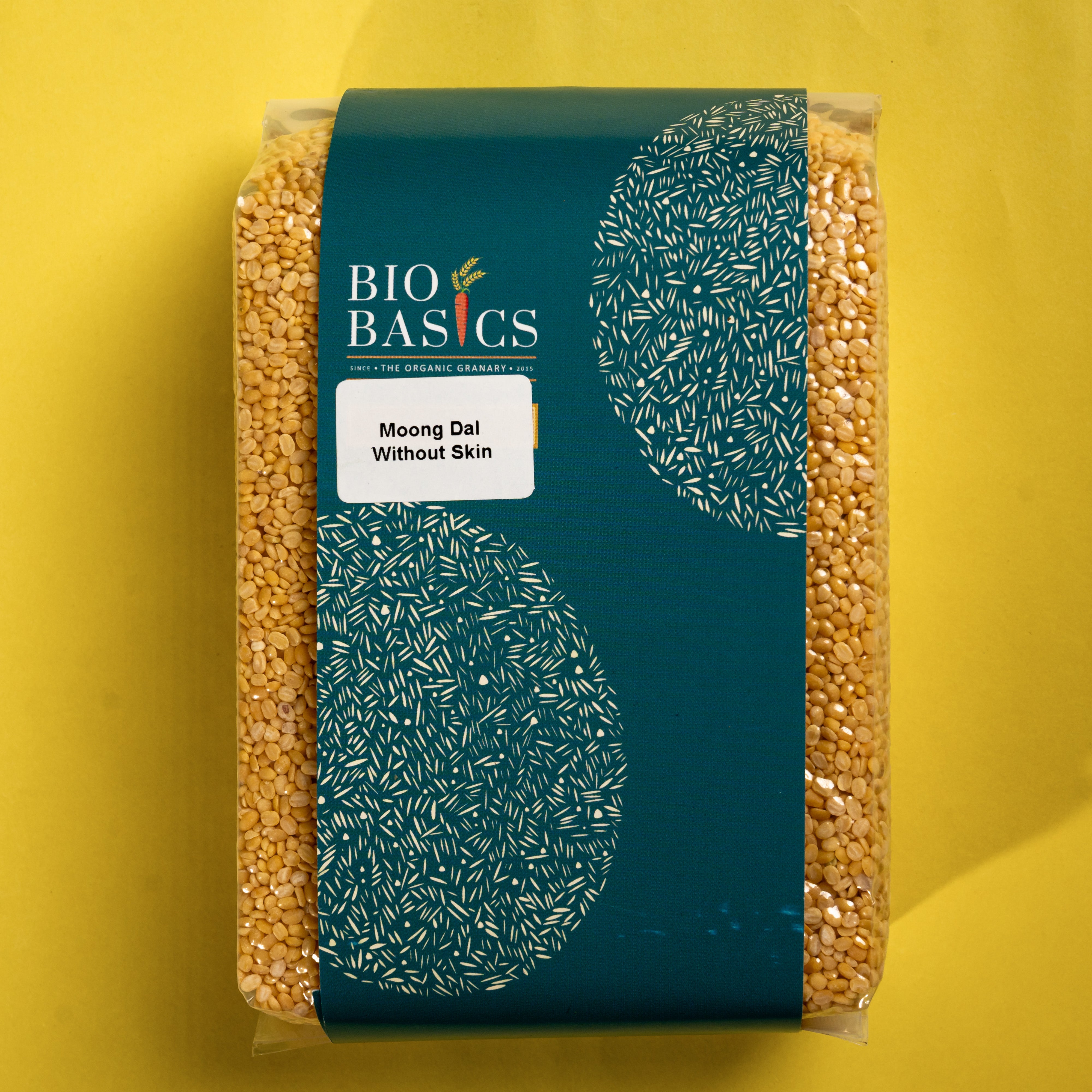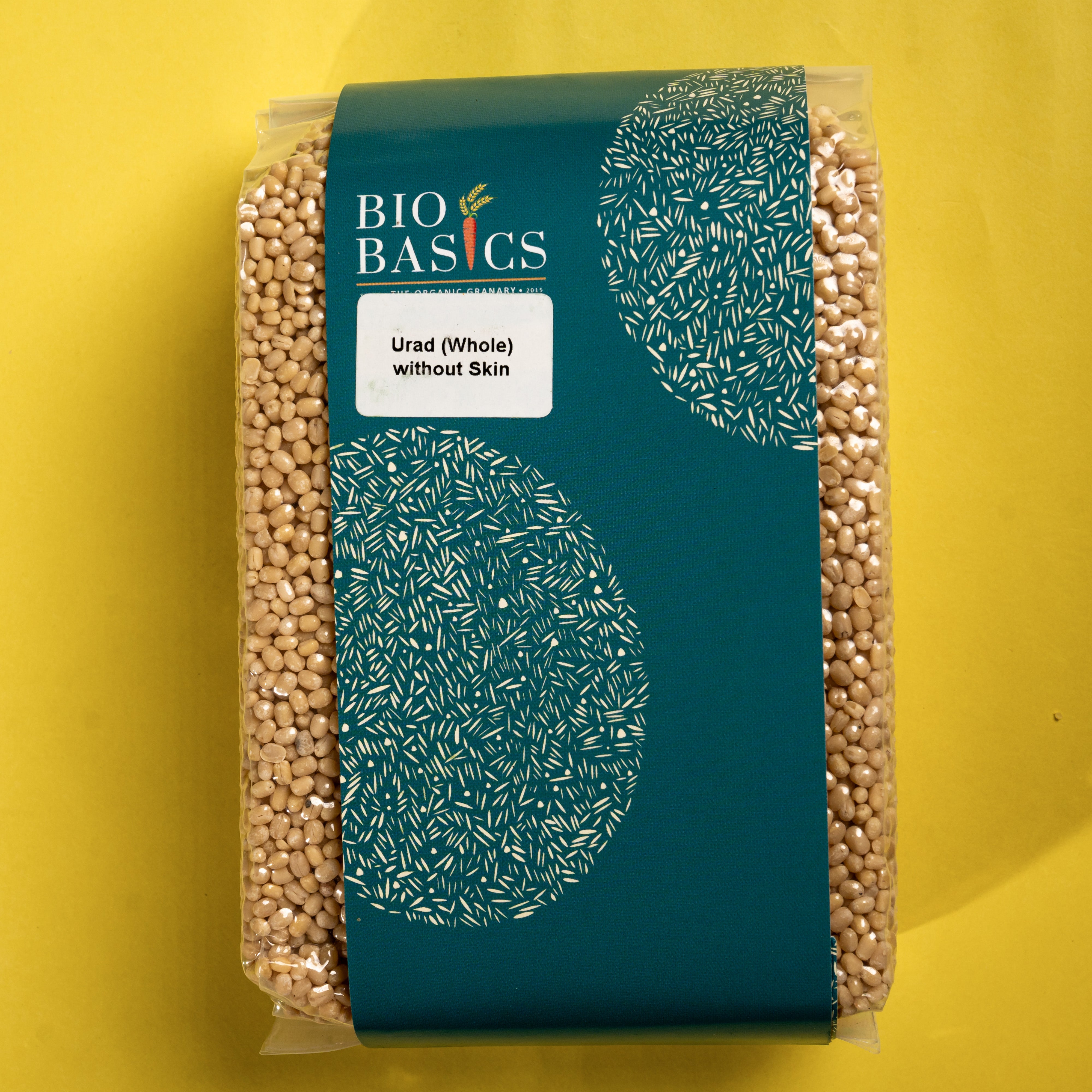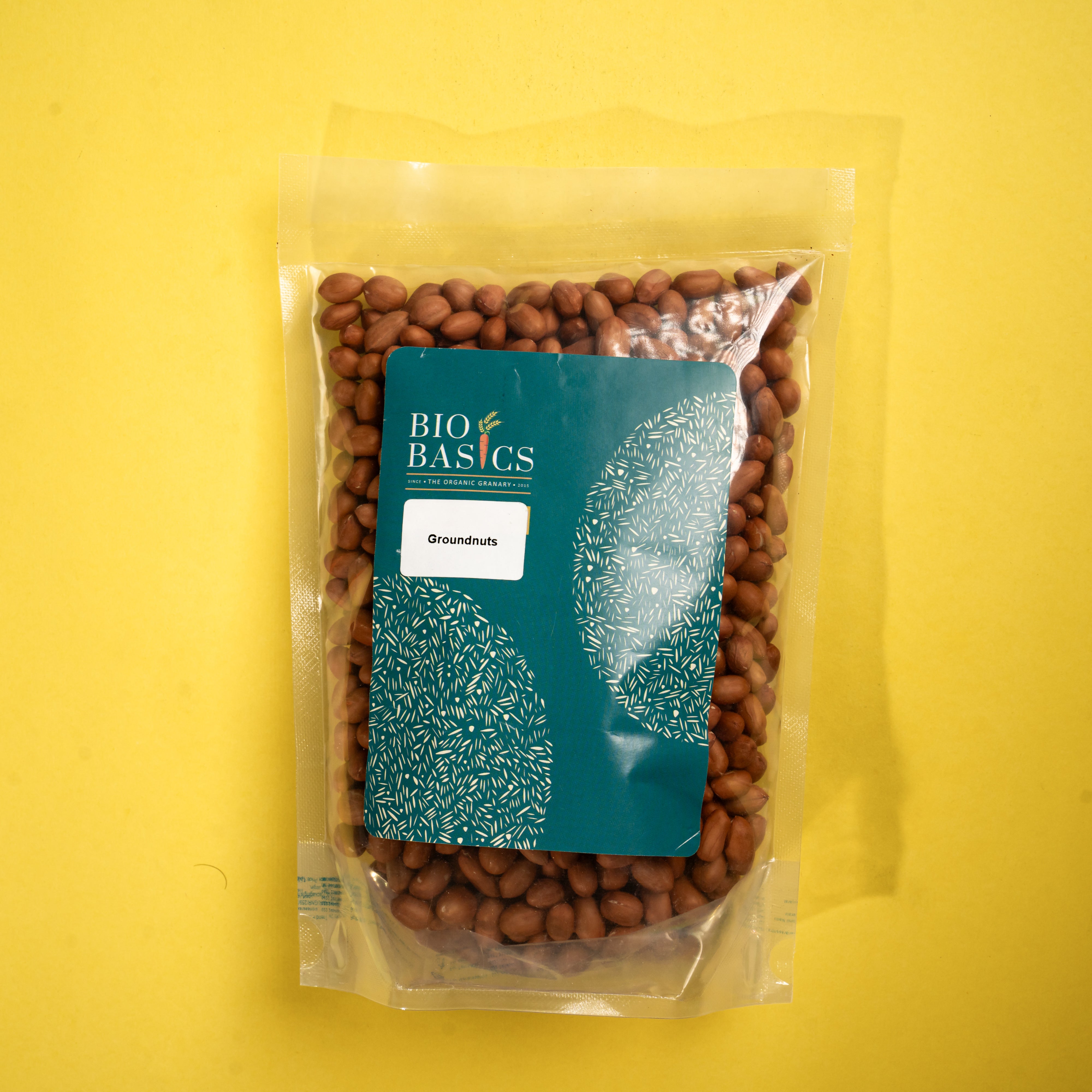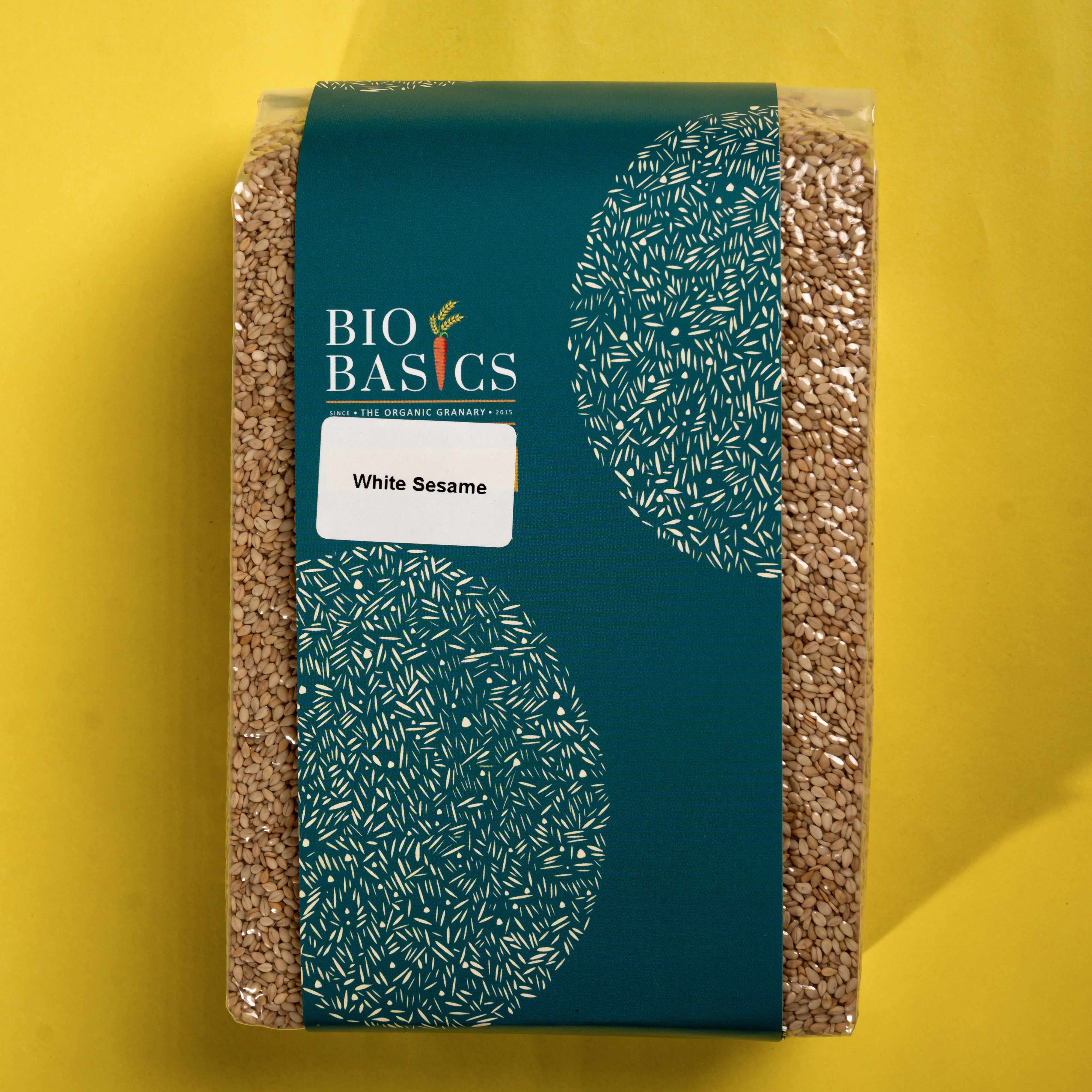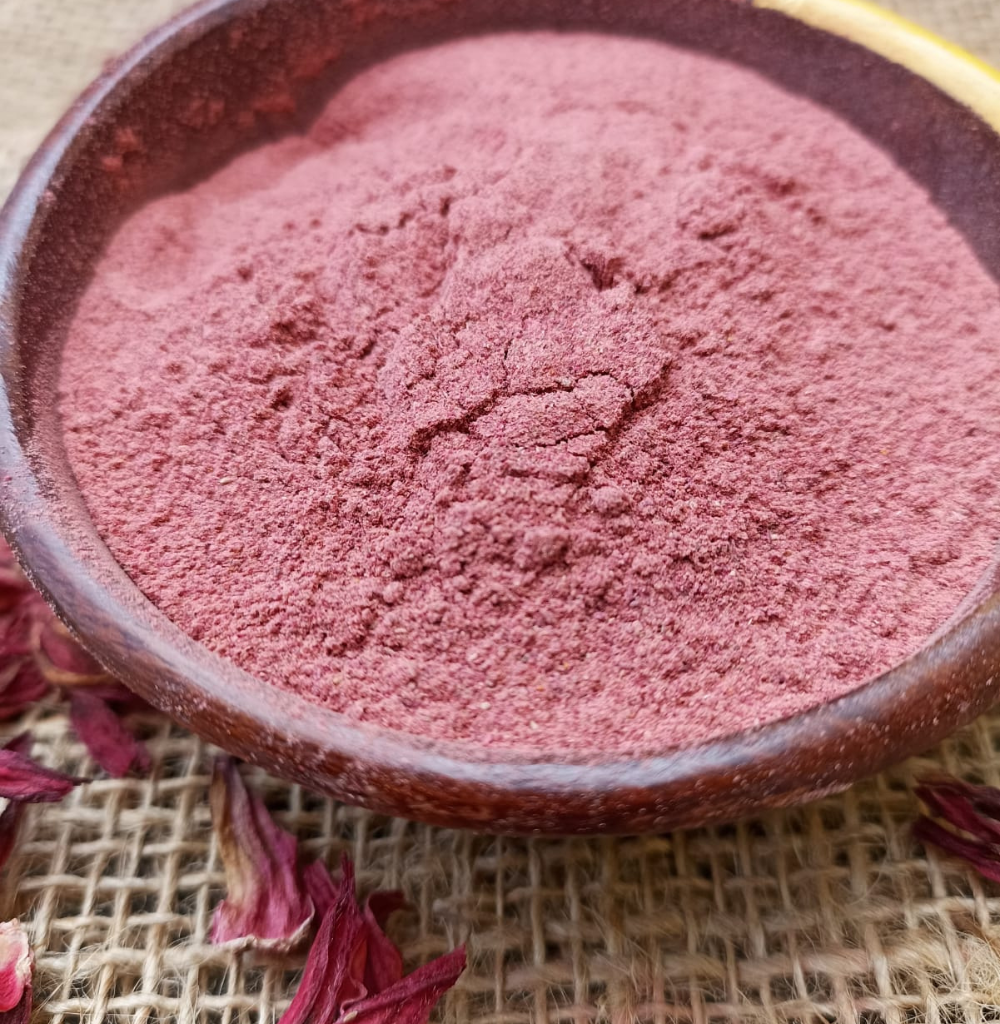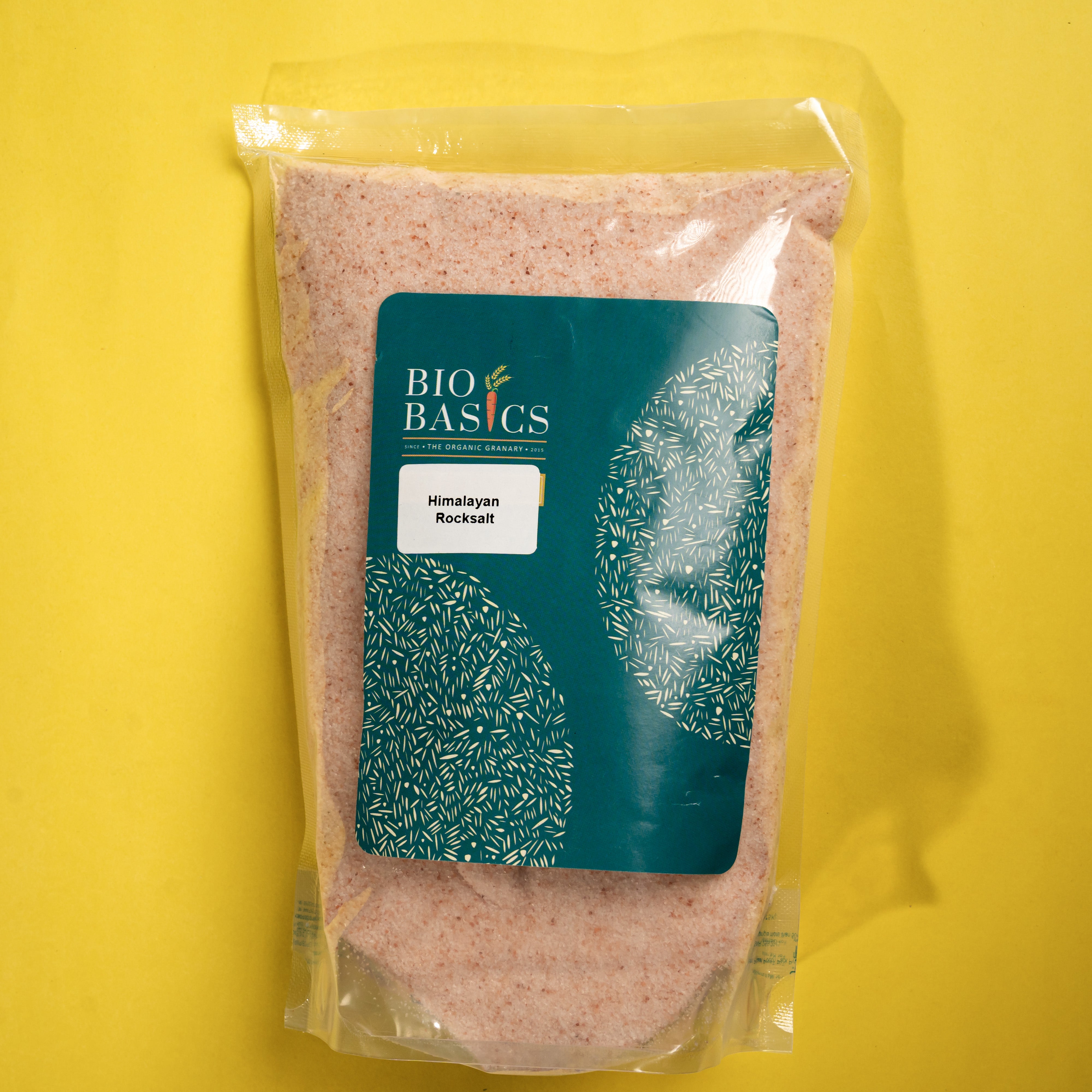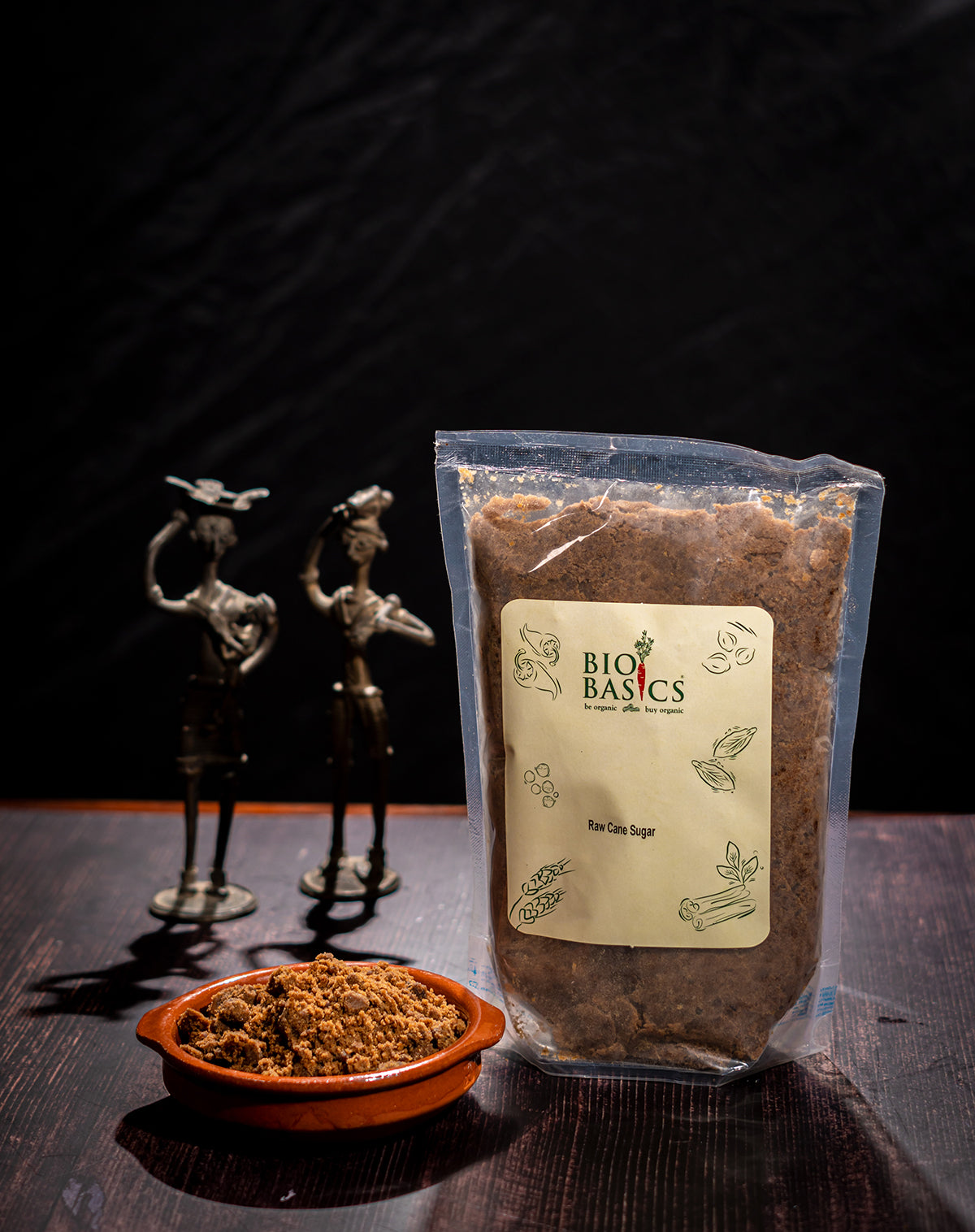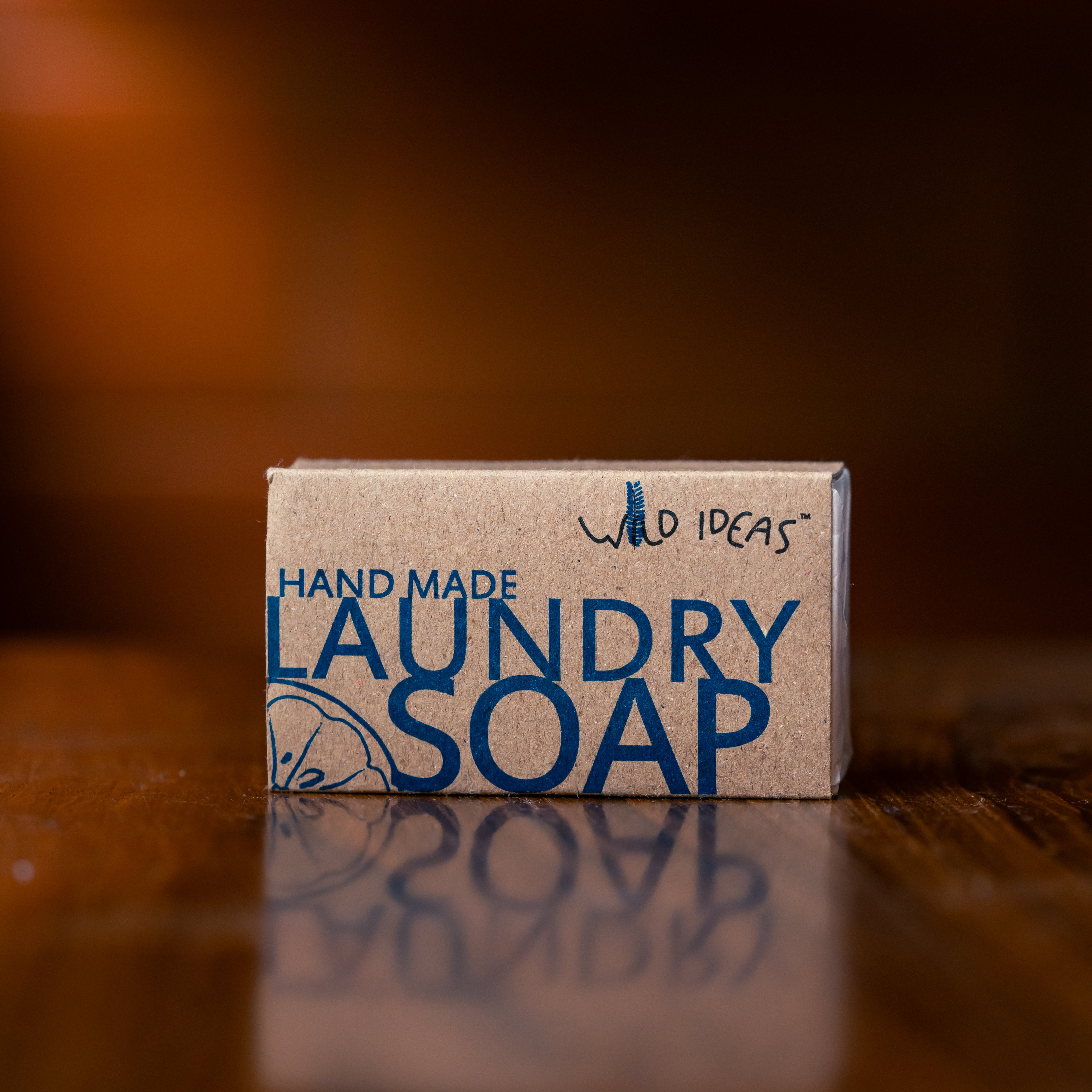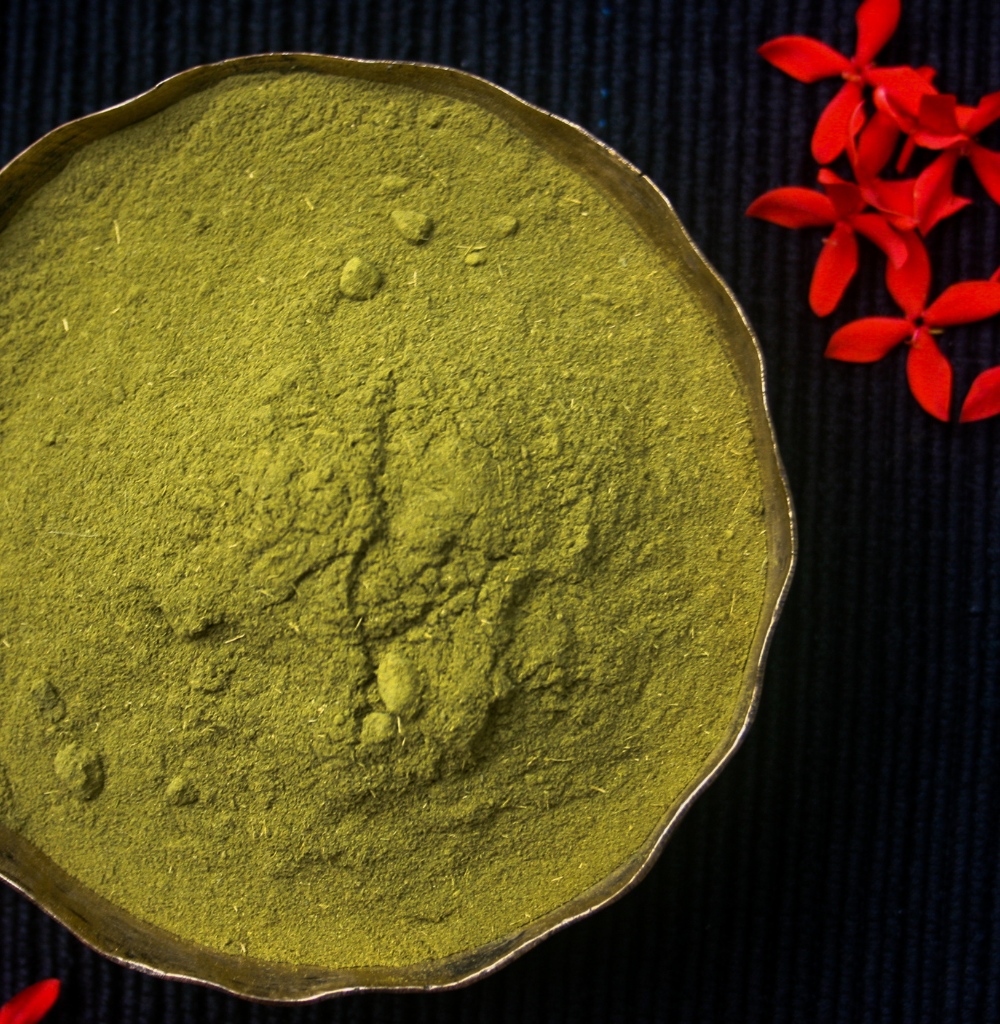Jeeraga Saala Fragrant Rice (Raw)
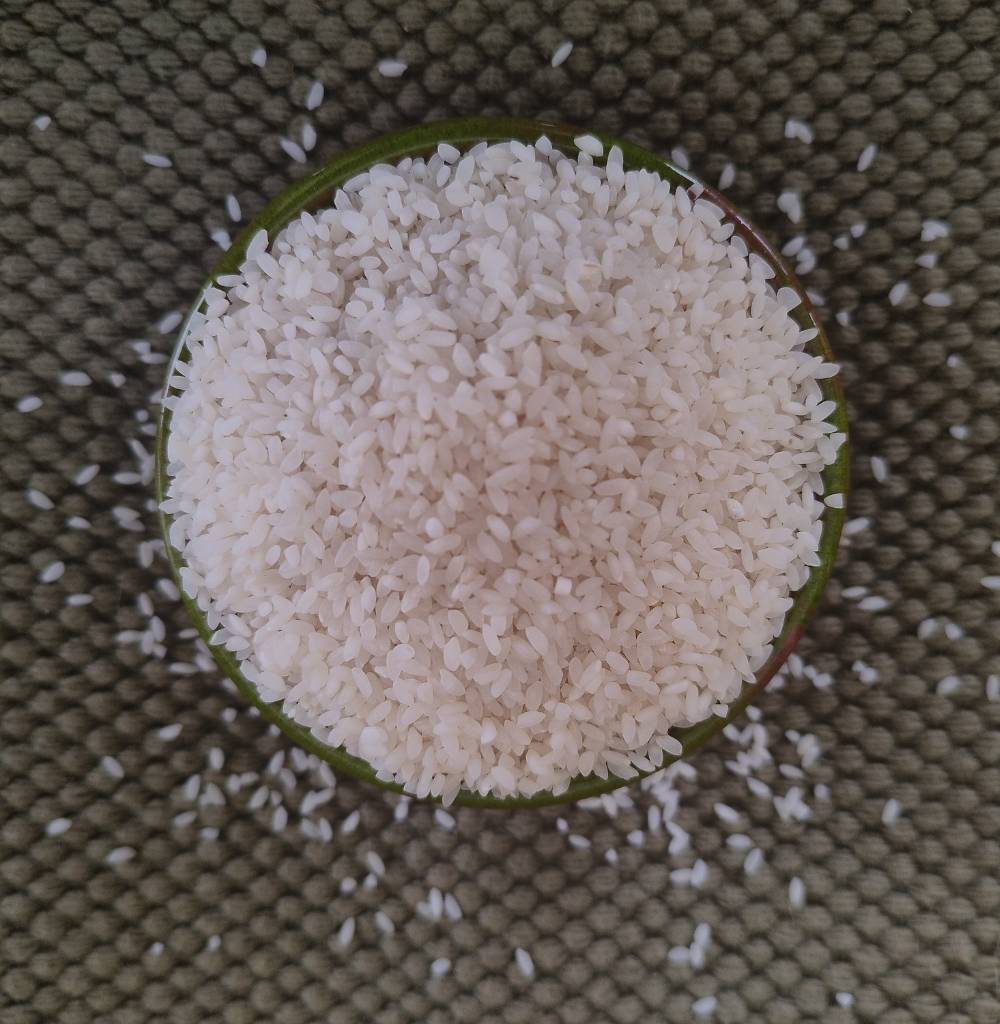
Jeeraga Saala Fragrant Rice (Raw)
Description
Story
Bio Basics sources Jeeraka Sala rice from a PGS-certified organic farmers' group in Wayanad. This medium length, slender fragrant rice is the original Malabar kaima rice. As with all varieties of raw rice, Jeeraka Saala rice is aged for 4 months after harvesting. The rice is then milled in the farm at regular intervals and comes to us directly. This process ensures optimum cooking quality of the rice and freshness of the grain.
Jeeraka Saala is primarily a western ghats rice, something that belongs to the Nilgiris biosphere. It is similar to the many other jeera rices, all of which have got their names due to the appearance of the slender grain that is reminiscent of jeera. It is a relatively low yielding rice and grows better in higher altitude as against Jeeraga Samba of Tamil Nadu that grows in the plains and yields better.
A medium length grained fragrant rice, it is delicious and has good cooking quality and taste. Earlier in the year the rice tends to be sticky and fragrant and as it gets older it gets less sticky and less fragrant. This rice is harvested in December and new rice comes in April.
Most of us associate fragrant rice with Basmati, unaware that we have a large cornucopia of fragrant rices in different rice-growing states in India. It’s time to go beyond Basmati.
Bio Basics Granary:
Bio Basics has the most diverse granary of organically grown grains. These grains come to us from farmers in various geographies, farmers who are seed conservers, custodians of diversity and expert growers. Bio Basics granary carries various indigenous/heritage/heirloom rices from different parts of India, all grown in their own places of origin and increasing their popularity, thereby ensuring their survival for the future.
We urbanites limit our grains to a few popular varieties available in the mainstream market usually known by their trade names. Bio Basics effort is to convince every family to adopt at least half a dozen indigenous rices into their food basket on a regular basis.
Fun fact: What is sold in the North Kerala market as kaima rice and what is used as kaima rice is no more Jeeraka Saala, as very less of this rice is being cultivated. Now the commercial Kaima rice is fragrant or non-fragrant slender, high yielding rice coming from other geographies.
Health benefits
Easy to digest – good for children & aged
Storage
Store in an airtight container in a cool, dry place.
Add a few cloves, bay leaves or chilies to keep it free from infestation.
Don’t worry if you find bugs in your long-stored rice. This is normal when the grain is grown organically, processed, and stored naturally. Sun dry for an hour, shade dry for another two hours, clean the rice and put it back in the container along with some cloves, bay leaves, or chilies.
How to cook
Rinse and wash the rice, soak for ½ hour (soaking is not mandatory for the fragrant rices; however, a minimal amount of soaking helps cook the rices evenly)
Cook 1 cup rice with 2 cups of water in a vessel with lid. It can also be reduced to 1.5 cups if the rice is going to be cooked again with the other ingredients.
Cook on high flame till the water boils and then cook on low flame.
Pairing: Jeeraka Saal is great to make biriyanis (it is one of the rices that is called the kaima rice used in Malabar region) and SE Asian rice preparations. It us usually non sticky and holds its shape on cooking.
Additional Information
| Size |
1kg, 2kg |
|---|

